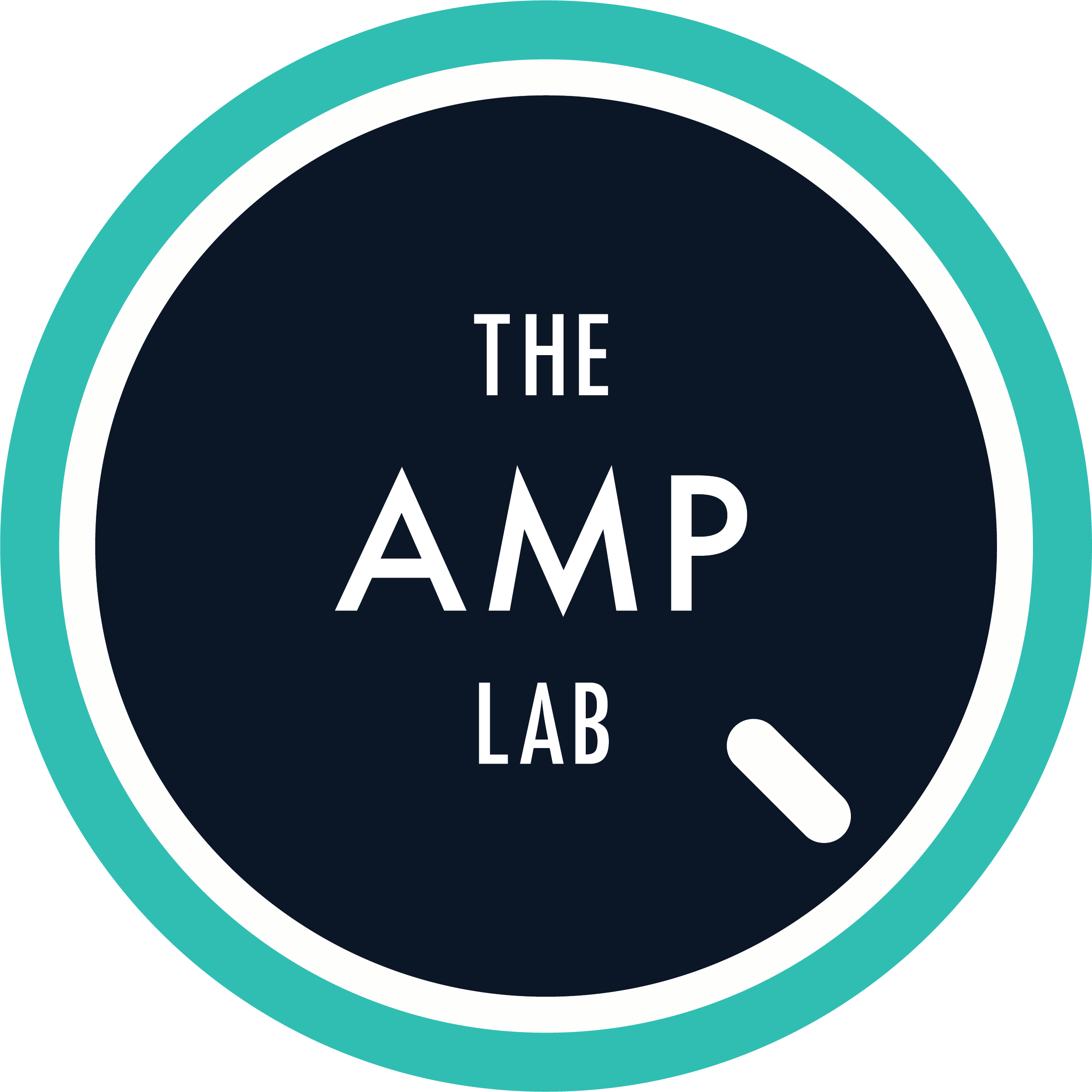Oral Histories of Flamenco Dance in Canada Undergraduate Research Assistant
Job Description
The Nuevo/Antiguo research project (Co-PIs Emily Murphy and Katherine McLeod) recruits a student to assist in gathering oral histories on flamenco dance in Canada. The successful candidate will assist in adapting existing oral history protocols and ethical standards to the needs of the project, which includes recruitment, data collection, research data management, and qualitative analysis of ~5 oral history interviews with living dance artists from Vancouver, Victoria, Montreal, Toronto, and other cities across the country. This project marks the initial stages of the first major study of the cultural history of flamenco dance in Canada, providing the student with a unique opportunity to preserve and impact the cultural memory of an ephemeral and understudied form.
The student will be provided work space in the AMP Lab at UBCO, of which Dr. Murphy is Assistant Director, and use equipment from the new (Re)Media Research Infrastructure (of which Dr. Murphy is Director) housed at AMP Lab. They will thereby become student affiliates in the Lab. By using the (Re)Media equipment, they will also have access to state-of-the-art video conference infrastructure, including a newly installed Christie Videoconferencing Display Screen with Touch Overlay, which will facilitate conducting remote oral history interviews with artists during COVID conditions.
Student responsibilities include:
- RESEARCH AND TRAINING: To support their work on the project, the student will do hands-on research to produce a literature review on: oral history protocols; research ethics; global histories of dance performance; Canadian settler politics and performance.
- PROJECT DEVELOPMENT: The student will be included in one-on-one and Lab meetings pertaining to primary cultural research, ethics and oral history, cultural memory, and preservation of cultural data.
- RECRUITMENT: The student will assist in advertising, soliciting, and recruiting oral history participants through social media and direct email contact, supported by the Co-PIs. This process will include gathering of informed consent from participants in line with approved ethics protocol.
- BEST PRACTICES: The student will assist the Co-PIs in adapting oral history protocols from other major projects to suit the needs of a project that focuses on dance history.
- DATA COLLECTION, ANALYSIS, AND DISSEMINATION: The student will assist in recording, transcribing, and initial coding of ~5 oral history interviews that will be conducted over Zoom using state of the art videoconferencing infrastructure and conducted in line with UBCO COVID-19 safety protocols. The student will be trained in transcription methods and audiovisual processing and preservation techniques. The student will also be trained in the use of qualitative analysis software like NVivo to produce publication-quality encoding and visualization of interviews. They will also be trained in humanistic analysis through writing for the project blog and presentation of research findings in venues at UBCO and Concordia.
UPDATED HOURS: This position will run in the Summer Term (272 hours beginning July 4th: 13-20 hours/week/up to 8 weeks *Summer term of employment negotiable) and Winter Term 1 (816 hours beginning September 5th: 12 hours/week/32 weeks). As the student is a member of the AMP Lab, compensation will align with standardized rates of payment for humanities labs. For undergraduate students: $17.82/hour.
Qualifications
Required
- upper-level undergraduate student;
- demonstrated background or interest in cultural history (including fields like literature, art history, popular culture, or other fields), performance studies, qualitative sociology, anthropology, journalism, or digital humanities;
- proficiency in MS Office and a general technical aptitude with light-weight digital and AV tools.
- ability to balance collaboration and team work with independence and individual responsibility;
- excellent written communication, planning skills, record keeping, reliability, and problem solving.
Ideal
- basic familiarity with content management, versioning systems, data analysis programs, or research repositories.
In order to facilitate COVID-19 safety within university regulations, students will have the option of working on-campus or remotely. Students should own a computer that can manage videoconferencing and some cloud computing, or be able to accommodate scheduling to access computing resources in a humanities lab.
